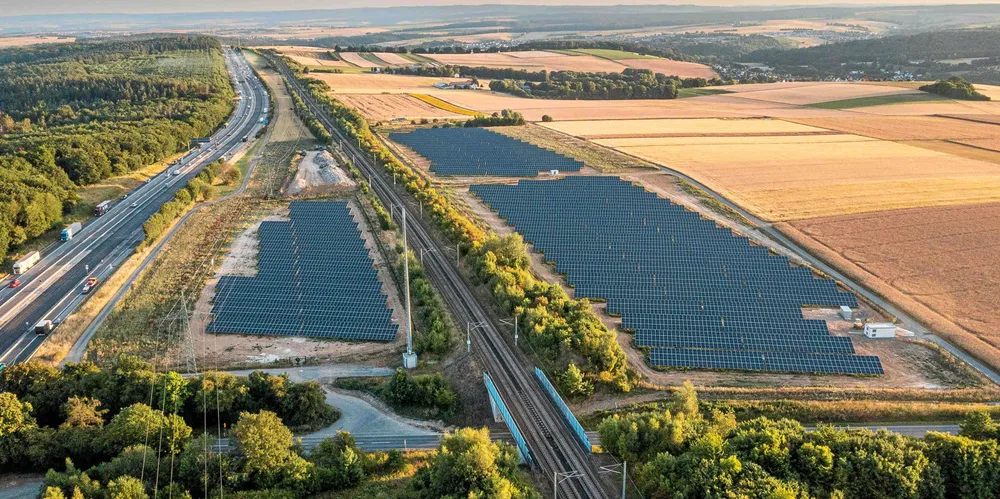Green power sector warns of 'unconstitutional' German plan for retroactive profit cap
Renewables federation also warns of 'special tax against renewables' as Berlin considers skimming off profits for wind and solar more aggressively than for other technologies
